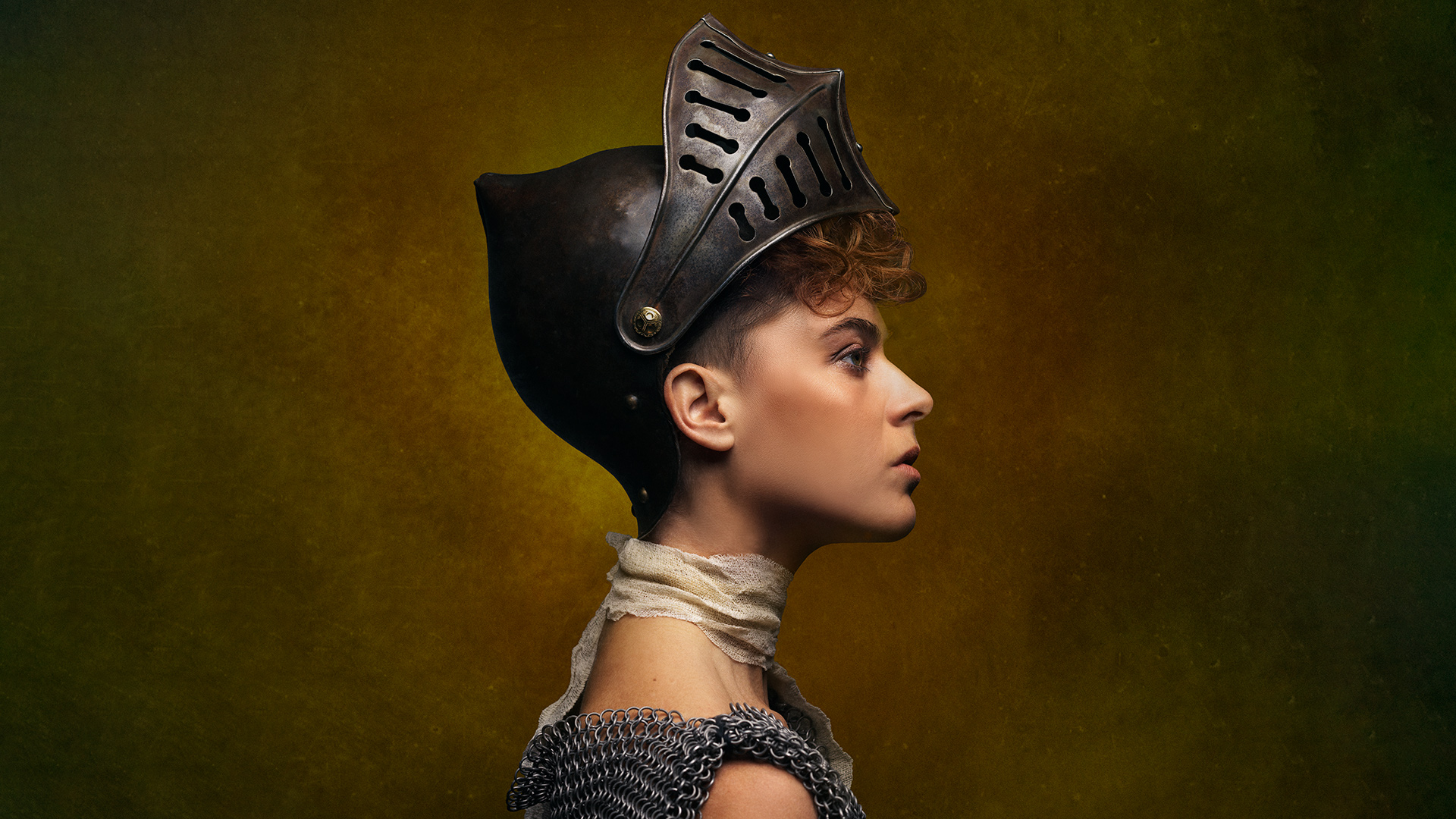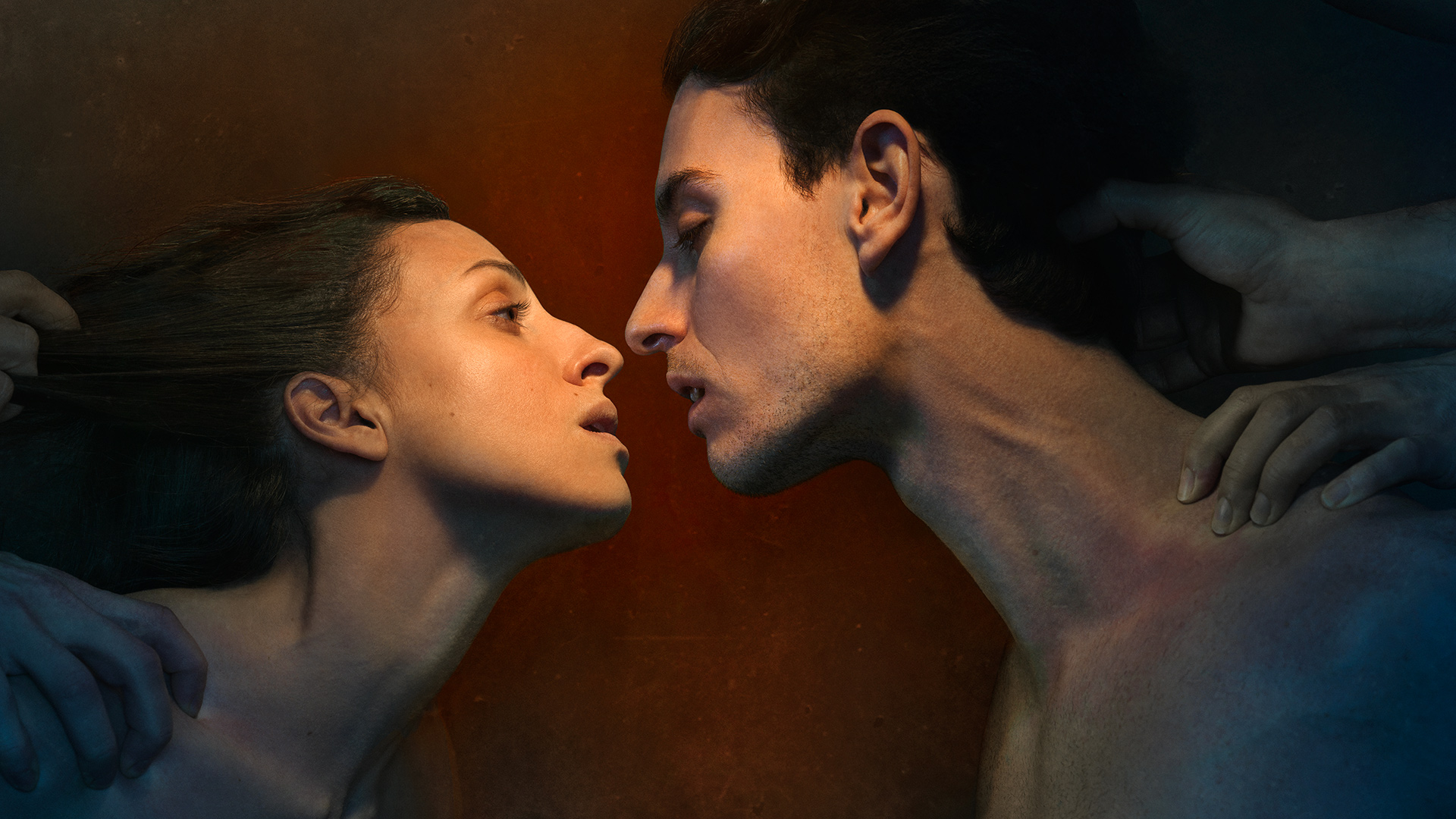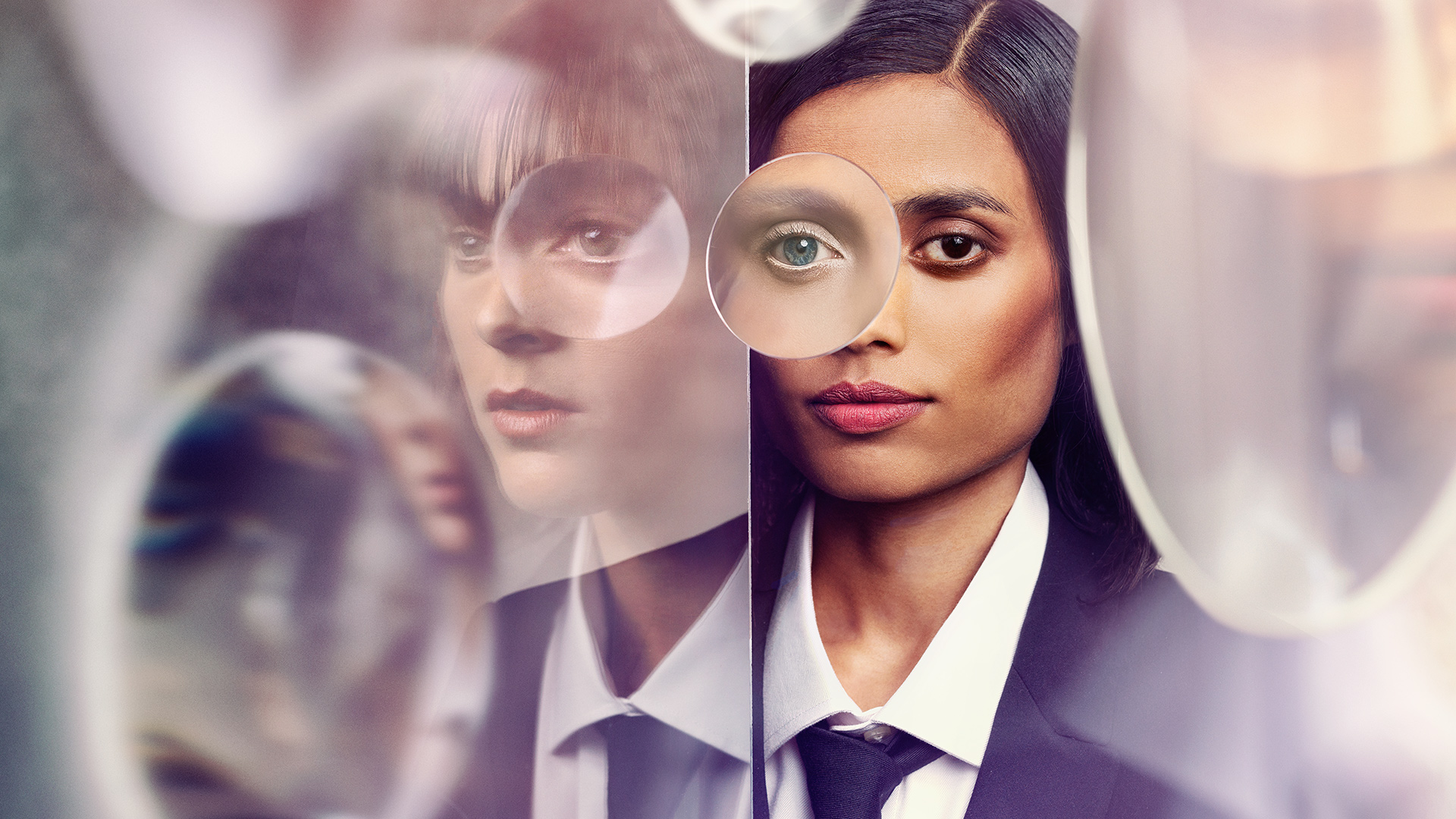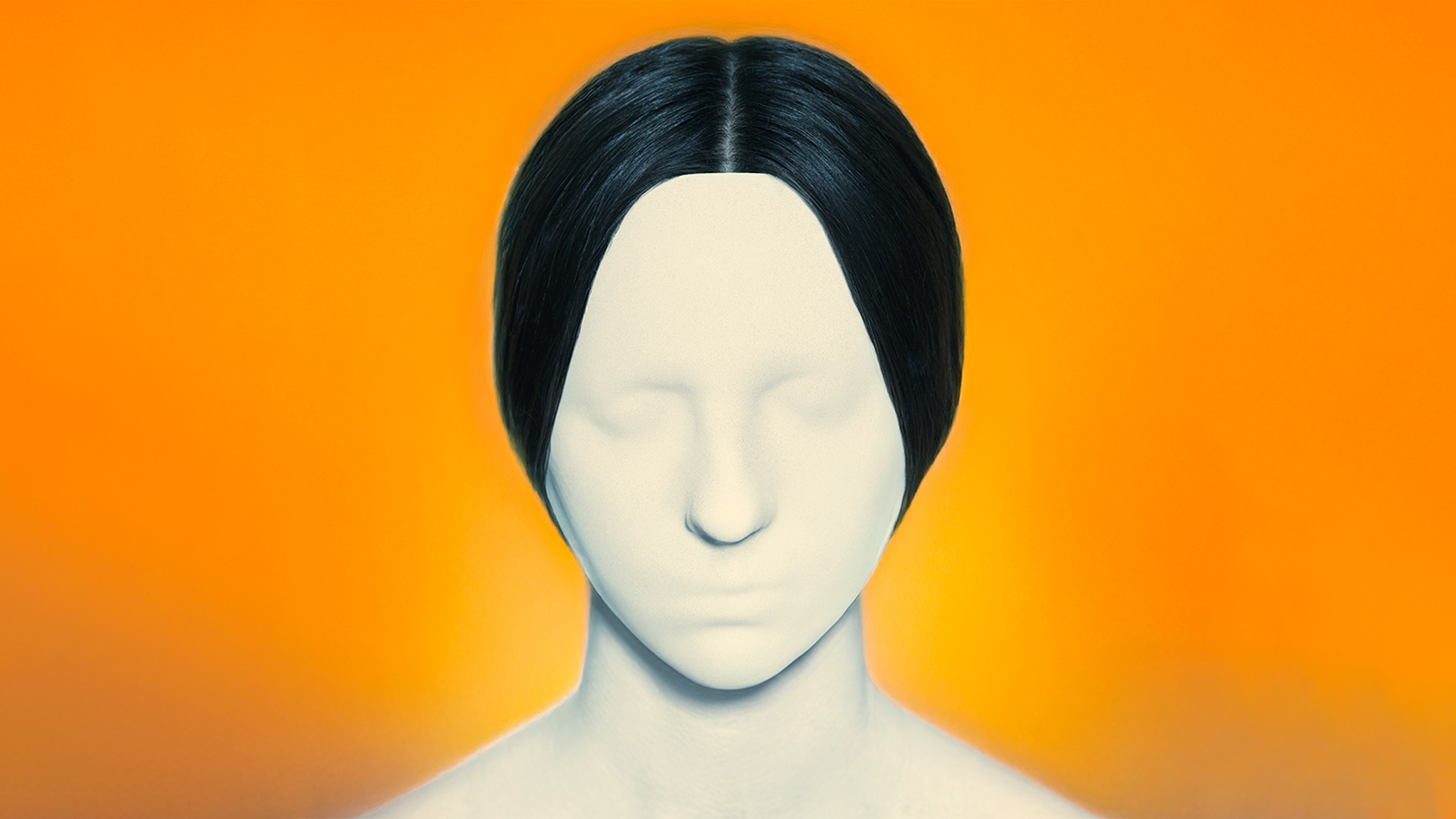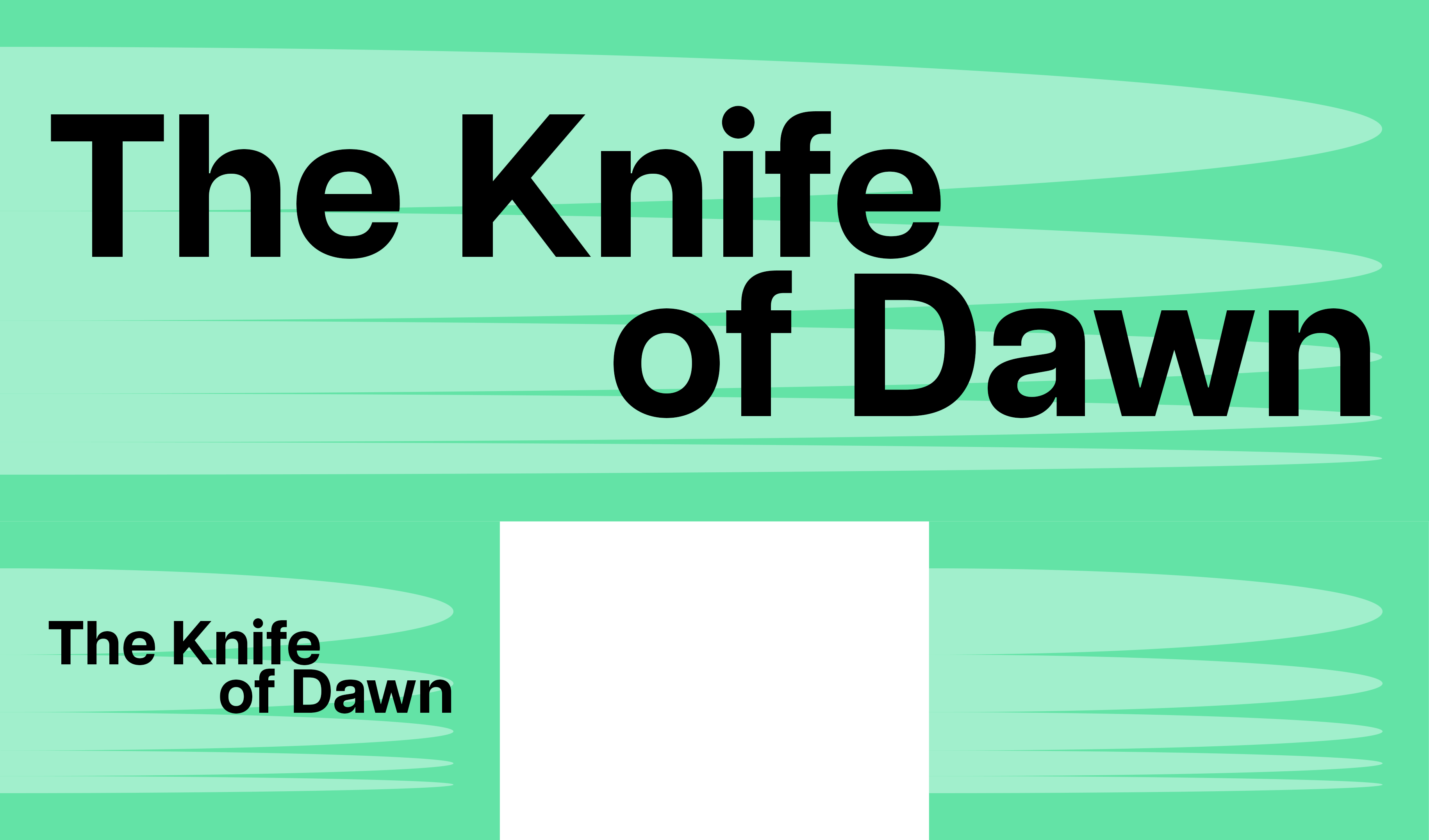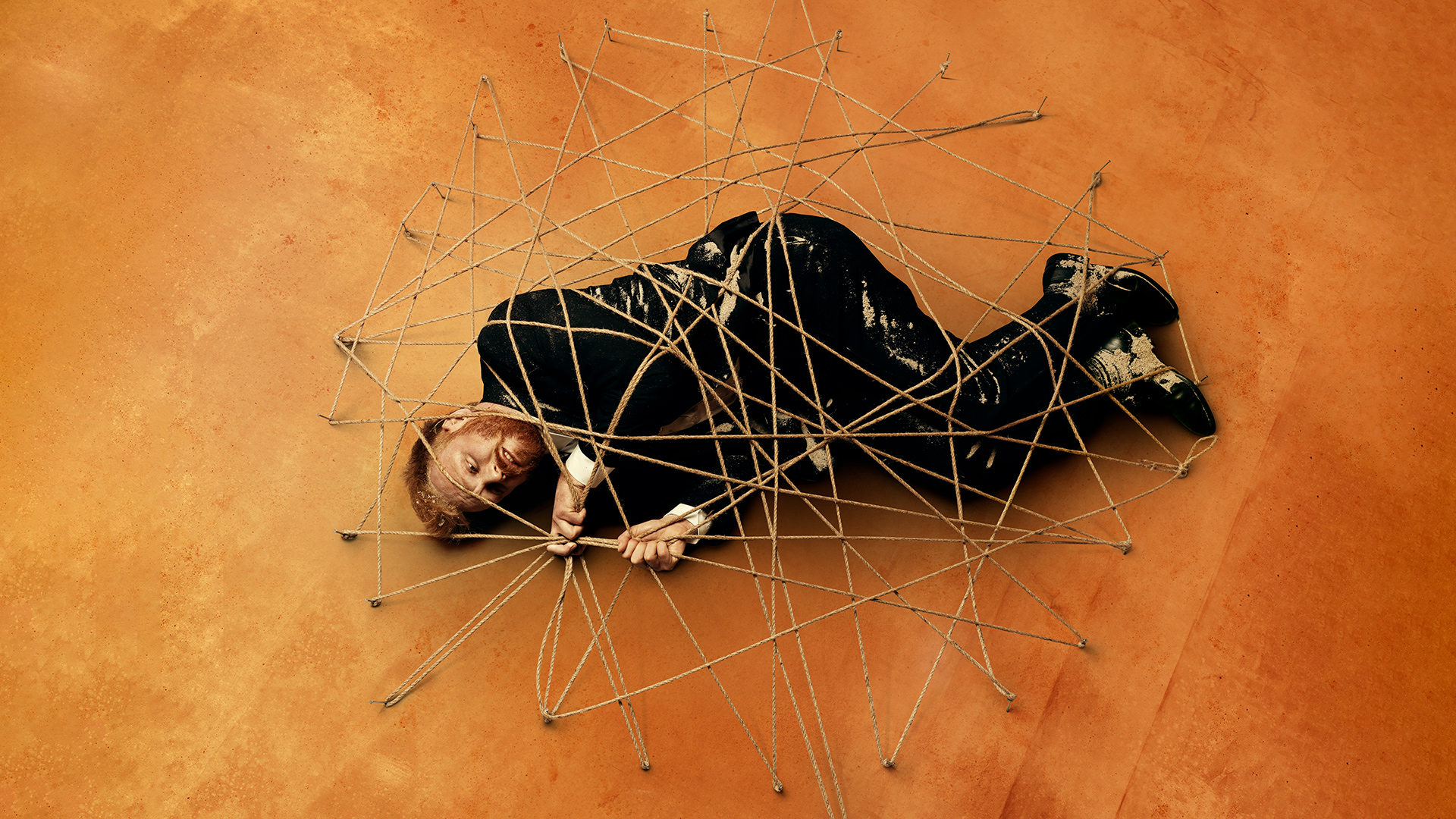Dutch National Opera
September – October
November – December
January – February
March (OFF)
March (OFF)
April – June

Sophie de Lint on the new opera season
Dutch National Opera has chosen ‘conflicting realities’ as the thought-provoking theme for the new season. Director Sophie de Lint looks ahead to the programme in the coming year, including major classics, unknown masterpieces and an anniversary edition of the Opera Forward Festival.
Sophie de Lint on the new opera season
Dutch National Opera has chosen ‘conflicting realities’ as the thought-provoking theme for the new season. Director Sophie de Lint looks ahead to the programme in the coming year, including major classics, unknown masterpieces and an anniversary edition of the Opera Forward Festival.
How is the theme of ‘conflicting realities’ reflected in the new season?
“Composer Michel van der Aa gives a compelling treatment of the theme in his new opera Theory of Flames. When the main protagonist becomes obsessed with conspiracy theories, she drifts away from her loved ones. As in his other operas, Van der Aa uses this work to explore the existential questions we face and the dilemmas posed by the digital age.”
“Under the influence of social media, society is becoming ever more fragmented. The problem isn’t that people have different ideas about things — this variety is precisely what enriches a society — but that if people end up living in their own bubbles with their own versions of reality, it could have fatal consequences. Theory of Flames explores these issues in a modern story, but operas from earlier periods also present conflicts between different ideologies and perceptions of reality. Our theme of ‘conflicting realities’ encourages audiences to join us in discovering what these operas can tell us about the divisions in society today.”
Could you give an example?
“Take Mozart’s Le nozze di Figaro. It is set in a context of massive inequality. Only three years after the opera premiered, the friction between the social classes in France erupted into the French Revolution. The director Kirill Serebrennikov’s penetrating production makes you really feel the tension between the haves and the have-nots in our time too. Another example is I Capuleti e i Montecchi, Bellini’s version of the story of Romeo and Juliet. In her staging, Tatjana Gürbaca wants to emphasise that the love between Romeo and Juliet is overshadowed from the start by the bitter relations between their feuding families. The opera shows how mutual hate can lead to spiralling violence from which no one can escape.”
Can opera also offer an antidote to the clash between realities?
“Theatre invites you to see things from different perspectives. Add to that the power of music, which speaks directly to the soul, and you get an art form that encourages you to empathise intensely with a wide range of viewpoints. That’s a real strength.”
Sophie de Lint
“Opera offers the space to reflect on yourself and the world around you”
“But opera also has a more subtle effect. While the constant stream of messages on our screens urges us to form opinions and make comments immediately, opera operates at a different level. In the atmosphere of complete concentration in the theatre, you can open yourself up to an experience without needing to respond immediately. That experience can continue to develop in the days that follow. In this way, opera offers you the space to reflect on yourself and on the world around you.”
Do these kinds of ideas about the art form play a role when putting together the season’s programme?
“They’re always a background factor, but our main focus is on the audience. Our aim is to keep inspiring our regular audience and at the same time appeal to new groups. That requires a varied programme. Responses from audiences and conversations with our partners, such as orchestras, performers and potential co-producers, help us to find a good balance. We’re aiming to do justice within one season to the diversity of works that have emerged from the history of opera. Iconic operas, by composers such as Mozart, Wagner, Verdi and Puccini make up a significant proportion of the programme. However, we will also be presenting new operas and lesser-known works that we believe deserve a place in the repertoire.”
Which lesser-known operas are these?
“One is Tchaikovsky’s The Maid of Orleans, a grand-scale opera about Joan of Arc, with fantastic music and a prominent role for our Chorus. This work has long been on the wish list of director Dmitri Tcherniakov, who has an unparalleled ability to place the Russian repertoire in the context of today’s world. He sees the French warrior heroine as a character who challenges social norms and is ostracised by society as a result.”
Sophie de Lint
“Next to the iconic operas, we will be presenting new pieces and lesser-known works that we believe deserve a place in the repertoire”
“Die Passagierin (1968) by Mieczysław Weinberg is another work that deserves a place in the repertoire. On board of an ocean liner in 1960, the German Lisa is confronted with her past as an SS guard in Auschwitz when she thinks she recognises a former prisoner among the passengers. Since its first performance in 2006, this opera has gradually found its way onto the international stage. The director Tobias Kratzer tackles the immensely charged theme intelligently and sensitively. We are delighted to be bringing his highly acclaimed production — dubbed ‘production of the year’ by Opernwelt in 2024 — to the Netherlands.”
You mentioned earlier that the dialogue with the orchestras also plays a role in the programming.
“That’s right. It’s essential to find the right combination of opera, orchestra and conductor. You want the orchestra to be able to shine in the repertoire it performs, and you want a conductor who can get the best out of that particular combination. We work with our partner orchestras on introducing a few new conductors to our opera house in addition to the more familiar names. For example, we will have Nathalie Stutzmann conducting our principal orchestral partner, the Netherlands Philharmonic, for the return of Barrie Kosky’s exciting staging of Tosca. She was labelled ‘opera conductor of the year’ by OPER! last year after successful debuts at the Metropolitan Opera and the Bayreuth Festival.”
“We will be presenting Tristan und Isolde with the Rotterdam Philharmonic Orchestra, conducted by the rising star Tarmo Peltokoski, a young conductor who seems made for the music of Wagner. We have teamed him up with Wagner veteran Pierre Audi, who will be reviving his much-praised production of Tristan und Isolde.”
“After the successful collaboration with Emmanuelle Haïm and her Le Concert d’Astrée for Giulio Cesare in 2023, we were determined to engage them again as soon as possible for another Handel opera. That will be Semele, a wonderful opera-oratorio that our opera house has never performed before. The director Claus Guth is supremely skilled in showing audiences the complex psychology of the characters. He approaches this mythical tale as an account of the very relatable desire to escape from a stifling reality. We have also engaged the conductor and harpsichordist Francesco Corti as an expert in historically informed performances for Mozart’s Le nozze di Figaro. The Netherlands Chamber Orchestra is looking forward to being inspired by his knowledge and experience.”
Do you always know what the opera will be and who will direct it when you start thinking about the conductor?
“It varies. To give an example: the Royal Concertgebouw Orchestra had long cherished the wish to perform an opera with conductor Fabio Luisi. He has an enormous love for and expertise in the Verdi repertoire, and thus we arrived at the choice for Simon Boccanegra. It’s wonderful to be able to team him up with Jetske Mijnssen, one of the Netherlands’ most successful opera directors. We were able to jointly put together a Verdi dream cast, including Federica Lombardi, George Petean and Joshua Guerrero.”
“And while we’re on the subject of casting, what a joy it is to be able to engage one of the greatest opera singers twice in one season, as we have been able to do this year with Elena Stikhina. She has the ideal voice and personality for the title role in The Maid of Orleans. And anyone who has seen her in our productions of Madama Butterfly and Suor Angelica will know she will also be marvellous in the role of Tosca.”
“It feels special to build up a relationship with singers and to discuss their ambitions with them. Malin Byström had already debuted in various roles at our theatre, like the title role in Salome and Elsa in Lohengrin. During a rehearsal period, we went on a walk together and discussed her dream roles. That led to us engaging her for Tristan und Isolde, which will be another role debut for her. It says something about our opera house and audiences that a singer of that calibre feels the support and appreciation here to take on such an iconic and challenging role.”
In addition to these big productions, are there other highlights you are looking forward to in the coming season?
“Absolutely! As of 2023, we have our small theatre Studio Boekman, that lends itself to smaller-scale productions, experiments and talent development. These can offer opportunities for the Opera Studio singers and laboratory settings in which creatives can experiment with opera and new technology. This venue also plays a key role in our programming for children and families, which has now become a permanent fixture every season. The Theory of Everything, the family production by composer Carlijn Metselaar that marked the opening of Studio Boekman, will be returning.”
“Atman! is a new family opera by Leonard Evers that we will present in Studio Boekman. In this opera, with texts by Bart Moeyaert, a singer and an accordion player take the young audience through a story about getting lost. On the main stage, we will be reviving Steef de Jong’s family production Operetta Land. This production was a resounding success a couple of years ago — not only for children, but for a large audience of all ages.”
“Atman! will be produced in partnership with Opera Zuid and Nederlandse Reisopera to ensure it can be experienced throughout the Netherlands. We collaborate closely with these partners on talent development as well. Dutch National Opera is part of a larger ecosystem in which talent can blossom. For example, we are jointly responsible, along with the Reisopera and Opera Zuid, for the young artists of the Dutch National Opera Studio, who will be tackling Les enfants terribles in the coming season, a modern classic by Philip Glass.”
Sophie de Lint
“After ten years, the Opera Forward Festival has become an indispensable part of Dutch National Opera’s DNA”
“And staying with the ecosystem metaphor, in the annual Opera Forward Festival we aim to offer an ideal habitat in which opera makers of different generations can flourish with ground-breaking works.”
The Opera Forward Festival (OFF) will be celebrating its tenth anniversary in the new season. How many times have you personally been to the festival?
“I was lucky to attend almost all editions, except for the first one. When I took over from Pierre Audi as director of Dutch National Opera, I decided it was crucial to keep developing OFF. It is unique in the opera world as a festival that brings together students, mid-career artists and highly experienced makers. Collaboration with art academies and other cultural partners is an essential part of this. Ten years on, the festival has become an indispensable part of Dutch National Opera’s DNA.”
What can we expect from this anniversary edition of OFF?
“We’ll be focusing on artists who work in the Dutch domain and bring them together with international partners. We want a festival in which different generations and styles are represented. Michel van der Aa, a champion of opera innovation and involved in the Opera Forward Festival since the first edition, returns with his new opera Theory of Flames.”
“In partnership with the November Music festival, we will be presenting a new work by Meriç Artaç, a composer who is fond off interdisciplinary projects. We are teaming her up with Silvia Costa, who worked for years with Romeo Castellucci and is now making a fast career as a director for international theatres and opera houses.”
“In Studio Boekman we will present Hannah Kendall’s poignant chamber opera The Knife of Dawn, directed by Gavin-Viano, one of today’s most versatile and high-profile Dutch theatre-makers.”
“To celebrate the festival’s anniversary, we have decided to host the Opera Europa Conference during OFF. We’re looking forward to the exchanges between the Dutch and international sectors that will follow from it.”
Doesn’t Dutch National Opera have another anniversary to celebrate this year?
“Yes, Dutch National Opera is sixty! We would like to celebrate this anniversary with all the people who are dear to us: not only our audiences but also our colleagues, on stage and behind the scenes, who make our opera house what it is today. That is why the annual Open House, at the very start of our season, is the ideal moment to mark this milestone. It promises to be a celebration – in times of ‘conflicting realities’ – of the power of opera to bring people together.”
Text: Wout van Tongeren and Laura Roling
Always know what’s on
Be the first to be informed about our productions and receive exclusive content in your inbox.
Success!
From now on you will receive our performance updates.
Something went wrong
Something went wrong, please try again later. Apologies for the inconvenience.



